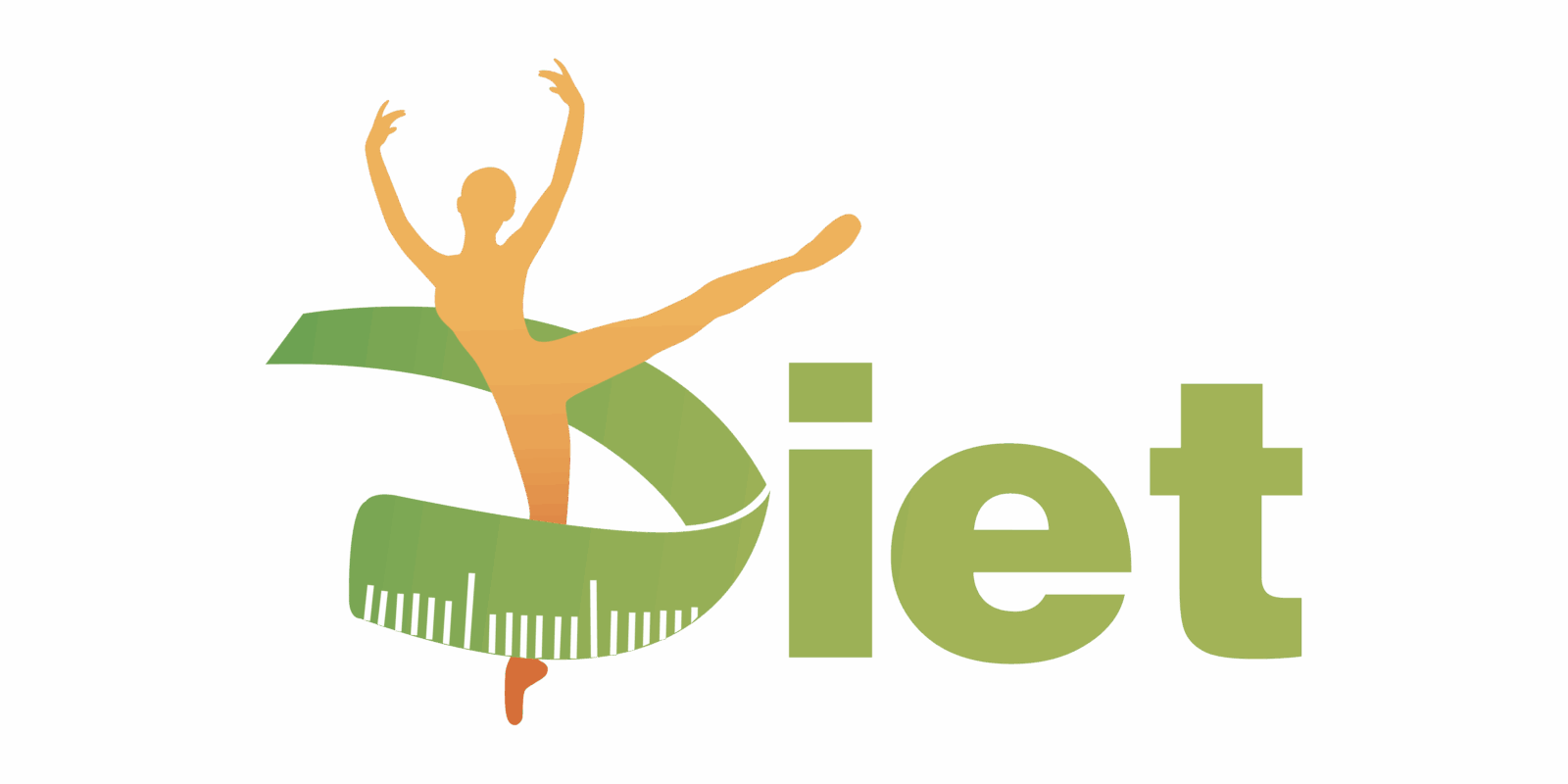Diet Impacts More Than Just Weight
Most people think of diet only in terms of weight loss or gain. But what you eat plays a much broader role in overall health and daily performance.
Why Diet Matters Beyond the Scale
Your dietary choices influence key areas of your wellbeing, often in ways that go unnoticed until there’s a problem:
- Energy Levels: The right balance of nutrients helps sustain energy throughout the day, preventing crashes and fatigue.
- Mood Regulation: There’s a strong connection between food and mood. Diets lacking in essential nutrients can contribute to irritability, brain fog, and mood swings.
- Immune Function: A nutrient-dense diet supports immune resilience, helping your body defend against illness and recover faster.
Healthy Eating vs. Eating Right for You
There’s no one-size-fits-all when it comes to nutrition. What works for one person might not work for someone else.
- “Eating Healthy” typically refers to general guidelines: lots of vegetables, lean proteins, whole grains, and staying hydrated.
- Eating Right for You means adjusting those guidelines based on your unique needs, such as food sensitivities, metabolism, activity level, or health goals.
Key Takeaway
It’s not just about eating clean. It’s about eating with intention, choosing foods that fuel your body and fit your lifestyle. Personalized nutrition leads to better results—and better long-term habits.
Your body tends to speak up long before burnout or imbalance fully sets in. It just doesn’t always shout. Constant fatigue, even after a solid night’s sleep, is often the first sign. It’s not just tiredness from a packed week. It lingers, even when you think you’ve rested. That’s your system asking for more than just caffeine.
Digestive issues that stick around could be another flag. Bloating that never seems to ease up, gas that becomes routine, or bathroom visits that feel unfamiliar — those are signs something’s off. Often, they’re dismissed as just bad takeout or a stressful day.
Sudden weight changes — up or down — without real explanation deserve attention too. It might not be about what you’re eating, but how your body is responding to stress, hormones, or inflammation.
If you catch yourself cutting out more foods every week, obsessively reading nutrition labels, or turning meals into mental math, you might be slipping into restrictive patterns. These habits can sneak in under the radar, camouflaged as discipline.
And finally, when meals regularly end in skin breakouts, bloating, migraines, or general discomfort, your body is trying to draw a line. These patterns are worth noticing, not normalizing. Don’t ignore them just because nothing looks “diagnosable” yet.
One-size-fits-all diets sound convenient, but they rarely work long-term. What helps your coworker drop ten pounds in a month might leave you sluggish or burned out. Why? Because nutrition isn’t just calories in, calories out. It’s hormones, metabolism, gut bacteria, mental health, and how your body reacts to certain foods. Everyone’s baseline is different.
Add to that the amount of people self-diagnosing food issues from a Google search or a TikTok clip. Cutting out gluten, dairy, or carbs without real testing can do more harm than good. You’ll miss out on nutrients and possibly cause the problems you were trying to prevent. Instead of eliminating half your pantry based on internet advice, it’s smarter to get professional guidance—even basic bloodwork can tell you more about what your body needs than hours of social media scrolls.
The truth is, no influencer or hack knows your biology. That keto jumpstart or 14-day detox might give you short-term results, but sustainable health comes from understanding yourself. Real progress starts with data, not guesses.
A one-size-fits-all approach doesn’t cut it anymore. If you’re serious about results, you need a plan built around your medical history, goals, and lifestyle. That means designing a routine that respects your body’s limits while pushing toward realistic progress.
Guesswork with vitamins or diets? Leave it behind. Accurate testing identifies where you’re lacking—nutrients, hormones, or otherwise—so your strategy comes from data, not assumptions. Whether you want to lose weight, gain muscle, or manage a condition, smart guidance avoids shortcuts and keeps your health intact.
Motivation will dip. That’s normal. Structure matters most during the drop-offs. Having a plan and someone in your corner gives you that extra push on days when willpower runs low. Discipline builds over time, but support makes sure you don’t fall off track while you’re getting there.
Personal Nutrition Demands More from Vloggers
Food and health content has gone way beyond what-I-eat-in-a-day videos. In 2024, viewers are searching for relatable guides on managing specific conditions—think diabetes, PCOS, high cholesterol or IBS. Vloggers who blend personal experience with real nutritional insight are gaining trust and traction.
Pregnancy and breastfeeding nutrition is another tightrope walk. Audiences want honesty but also accuracy. Viewers aren’t just looking for what to eat—they want to understand how to fuel a body that’s growing another human.
Then there’s the constant demand for clarity on plant-based, gluten-free and allergy-conscious eating. The creators who thrive in these spaces approach them less like food fads and more like lifestyle blueprints—practical, non-preachy, and grounded.
For people chasing performance goals or physique changes, vloggers offering nutrition plans for endurance or muscle gains are being asked to go deeper. No more vague macros and bro science. It’s about strategic breakdowns, backed by results and realism.
Lastly, content around disordered or emotional eating is gaining momentum—but it’s a space that demands nuance. The most impactful creators don’t play therapist. They tell their stories with care, avoid triggering language and center the healing process instead of the struggle. Bottom line: the best health-focused vlogs feel human, informed and respectful of the complexity behind what we eat.
Fad diets are loud, fast, and usually short-lived. They promise big changes in small windows, often by slashing calories or banning entire food groups. Sure, you might drop ten pounds in a month, but what happens after that? The rebound hits hard. Energy tanks, cravings spike, and most people end up back where they started, sometimes worse.
A sustainable diet looks different. It doesn’t come in a flashy headline or a five-day challenge. It’s built on balance, not extremes. It fuels your body without punishment. It works with your lifestyle instead of against it. Most importantly, it’s something you can stick with not just for a season, but long-term.
This isn’t about being perfect. It’s about being realistic. A sustainable diet allows flexibility, masks fewer rules as advice, and focuses more on building habits than chasing results. If it feels like a grind, it’s probably not the right fit.
Want more expert-backed advice on lasting diets? Read: What Makes a Diet Truly Sustainable: Advice from Experts
Stop Guessing: Get Strategic About Your Nutrition
Your Diet Should Not Be a Daily Mystery
If you’re constantly wondering what to eat, how much, or when, it’s a sign that your approach might need a reset. Trial-and-error can lead to burnout, frustration, and inconsistent results.
Instead, aim for clarity:
- Know your daily nutritional goals
- Understand what fuels your body best
- Eliminate unnecessary food guilt or decision fatigue
Structure brings freedom. When your meals are intentional, you leave more energy for everything else in your day.
Consulting a Pro is Strategy, Not Surrender
Too many people think hiring a nutritionist or dietitian is only for when things go wrong. In reality, it’s one of the smartest ways to optimize your health before problems arise.
Working with a professional can help you:
- Create a sustainable eating plan tailored to your goals
- Identify hidden issues like nutrient deficiencies or food sensitivities
- Save time by cutting out confusion around conflicting nutrition advice
Think of it as working with a coach. You get accountability, expertise, and a clear roadmap built around your lifestyle.
Bottom Line
You wouldn’t build a workout routine based on guesswork—your nutrition deserves the same strategic attention. Make food choices with knowledge, not uncertainty.
When it comes to getting help with your nutrition, it’s easy to get lost in the titles. A registered dietitian (RD) is a licensed healthcare professional who’s gone through years of science-based education, completed clinical training, and passed a national exam. They can give medical advice, help manage conditions like diabetes or eating disorders, and are often covered by insurance. A nutrition coach, on the other hand, might have completed a course or certification, but the title isn’t regulated. They can guide you on better eating habits and general wellness, but they’re not qualified to diagnose or treat medical issues.
Before your first consultation—whether it’s with an RD or a coach—have a clear goal. Weight loss? More energy? Specific health concerns? Also, bring a list of foods you typically eat, any supplements or medications you take, and your medical history if relevant. This makes the session more efficient and tailored to you.
Finally, asking the right questions helps you spot a good fit fast. What’s your credential? What kind of clients do you usually work with? How do you track progress? What’s your philosophy around food? Their answers will tell you if they align with what you need, and if they’re someone you’ll actually want to stick with.

